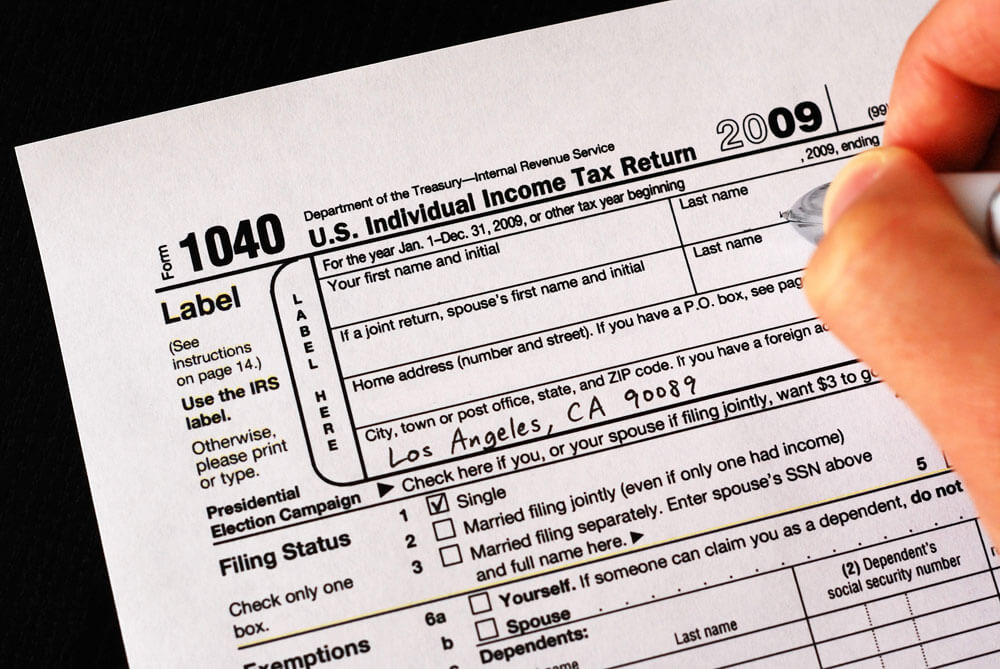As most of you reading this would be aware, voluntarily unemployed citizens in the U.S are eligible for a weekly monetary compensation for up to 26 weeks from the system that is jointly run by the state-federal setup, commonly known as Unemployment Compensation or Unemployment Insurance. Ascertained on your income in the preceding 5 calendar quarters, the weekly compensation is largely a part of your highest earnings in a particular quarter and disbursed to help you manage basics of life until you find a job and start your regular earnings again.
As a part of our ongoing educational series aimed at helping you understand the basics of Unemployment, we intend to cover one of the most common concerns of the claimants, the implication of tax on the unemployment compensation received from the state.
Is Unemployment Insurance Taxable?
Perhaps, one of the most commonly searched keywords on various online search engines that includes Google. The bottom line, Unemployment Compensation is considered as taxable income since it has a monetary face to it. It not only includes the regular state-provided benefits but also federal or state-initiated extended benefits(subject to availability). Therefore, if you’re a recipient of the dole, you should be looking forward to paying taxes on the options below.
- Withholding Income Tax From Unemployment Compensation
- Reporting The Income When You File State/Federal Tax Returns
Let’s throw more light on each of the options above with a view to understanding how they work.
Withholding Tax From Unemployment Insurance Before Disbursal
As a recipient of weekly unemployment benefits from the system, if you want to save yourself from the hassles of including unemployment income when you file for the previous assessment year, you can choose to have it taxed at the source before it credits your bank account. This is similar to withholding payroll taxes from your salary from former paychecks. If you wish to have the applicable taxes withheld, submit form W-4V to the unemployment office to receive monies after tax deduction.
Reporting Unemployment Income At The Time of Filing
At the time of filing annual tax returns, you would also need to include income from unemployment in the ambit. For this purpose, the state where your compensation originates will provide Form 1099-G, which is a detailed statement that depicts the total compensation received during a specific period. This form can be used as an authentic paperwork to show the earnings from the system while being unemployed. Do read more the income tax related laws in your state to understand the tax slabs and other breakup associated with it. Some states make it mandatory to pay an estimated tax on a quarterly basis for the compensation received.
If you choose not to do any of the above to report your earnings from unemployment to the IRS, you may be penalized on the basis of the underpaid amount for each quarter as per the provisions.
Tax Implication on Supplemental Unemployment Benefits
While we underlined some key aspects of tax implication on income from unemployment insurance directly from the state, the points below will highlight taxes on compensation received from other sources.
- People who receive supplemental unemployment benefits from funds promulgated by the employer are not considered since they are taxable under various other sections and should be reported on Form W-2(Wage & Tax Statement).
- Unemployment benefits from private funds where voluntary contribution is made is taxable only if the total compensation received exceeds total payments made by the recipient into the fund.
How Do I Get A Copy of 1099-G?
By default, all states are required to provide a copy of the 1099-G for your reference either at the end of the compensation period or as per the prescribed timelines that act like a consolidated statement to help you file for tax returns. Depending on the state where your claim is based, you will receive the statement either by post or by via email. Some states even let you download this form from their official website after verifying personal credentials.
If you’ve not received the 1099-G as per the timelines, call the claims center of the Unemployment Office in your state for further details.
If you have any further questions pertaining to payment of taxes towards income from unemployment compensation, get in touch with us by using accessing the Q & A section, link to which is provided below.

Comments are closed.